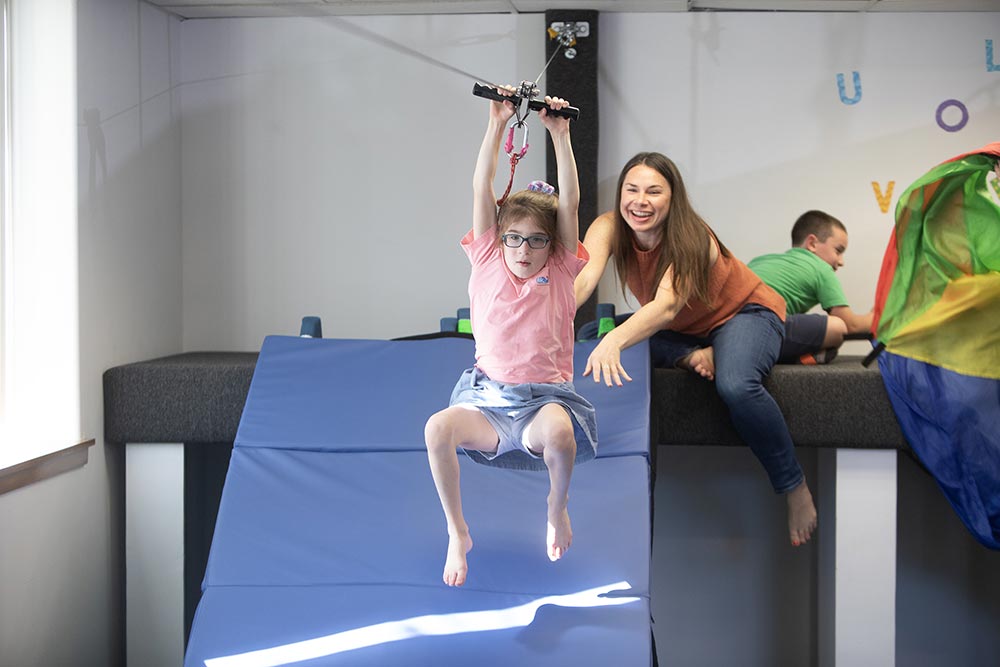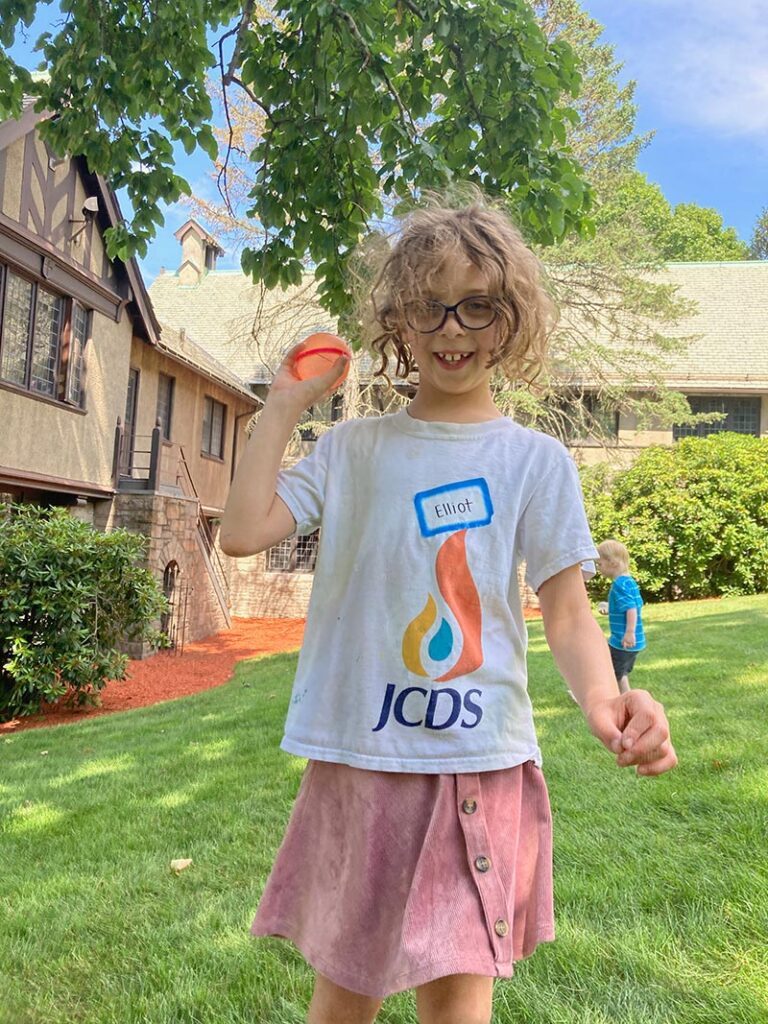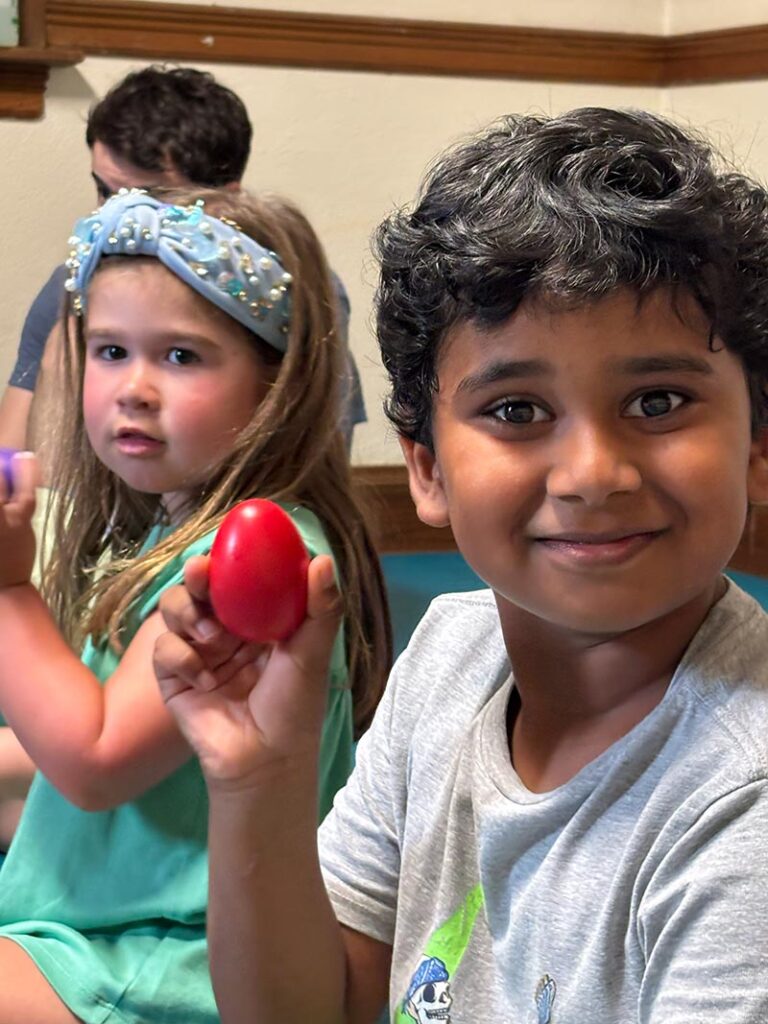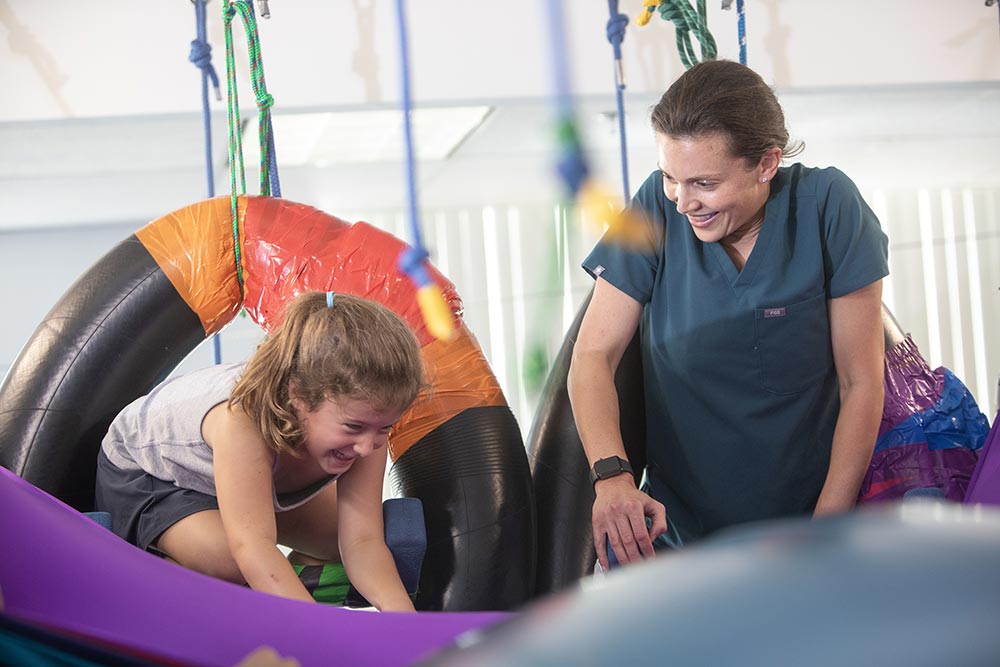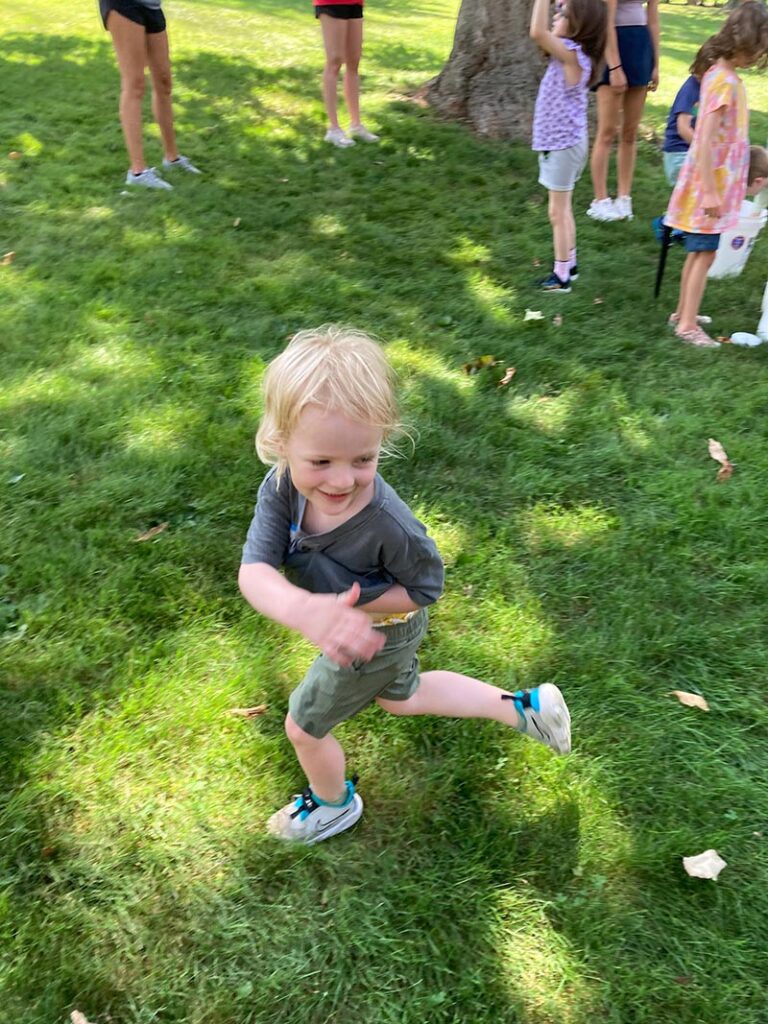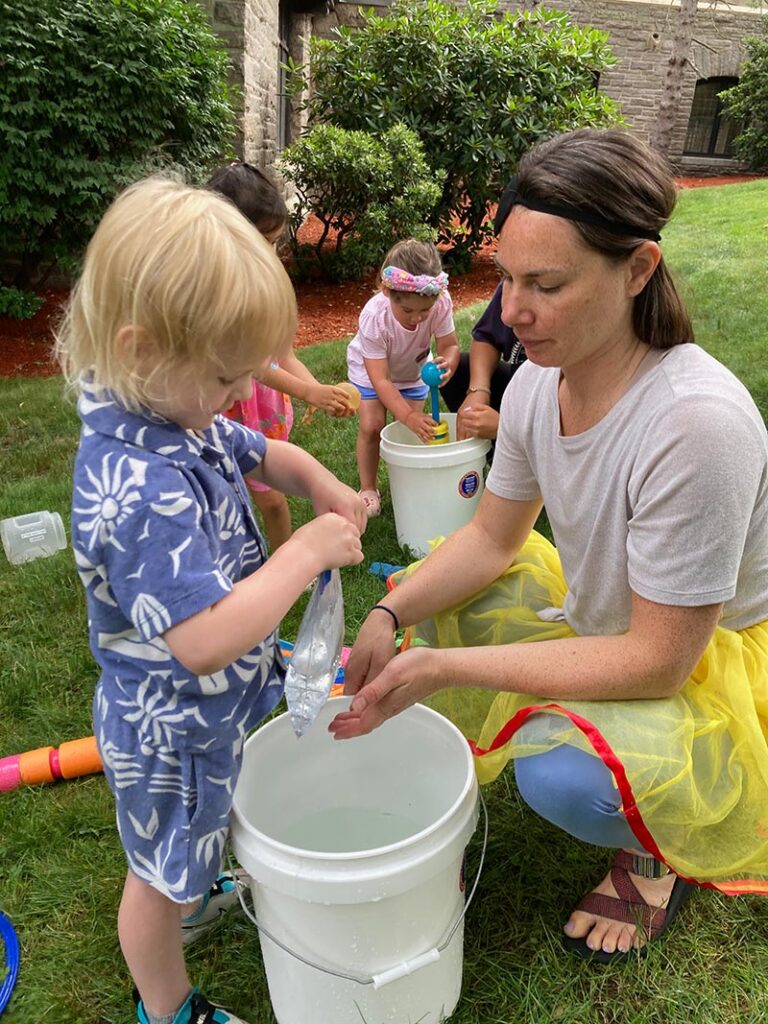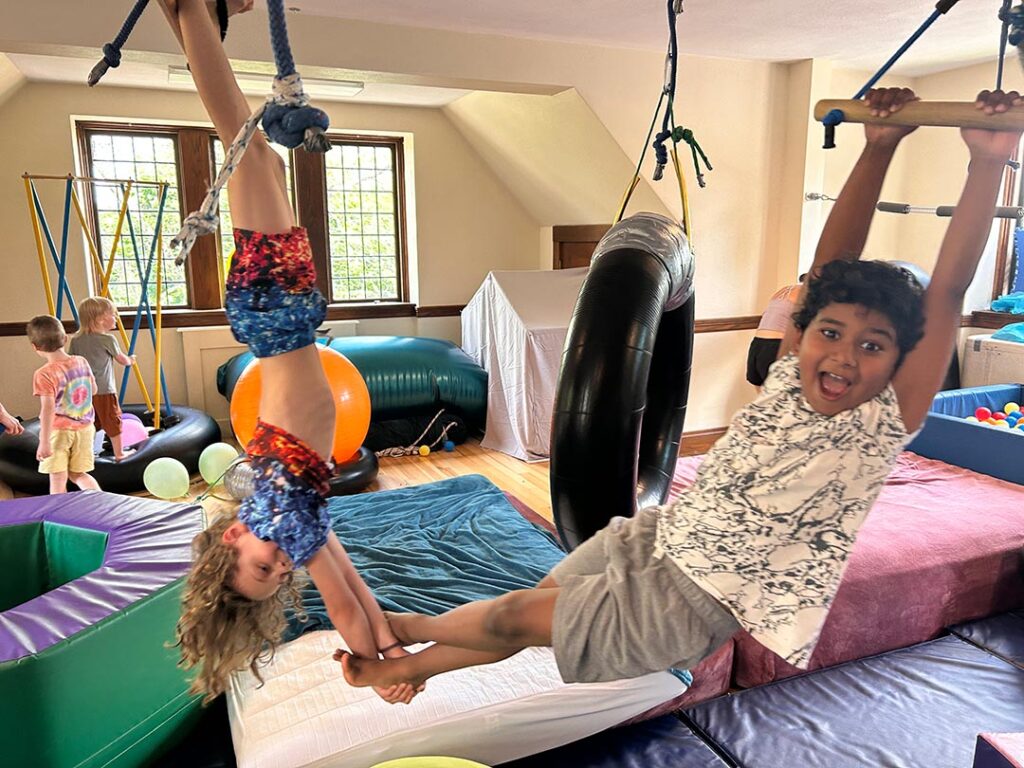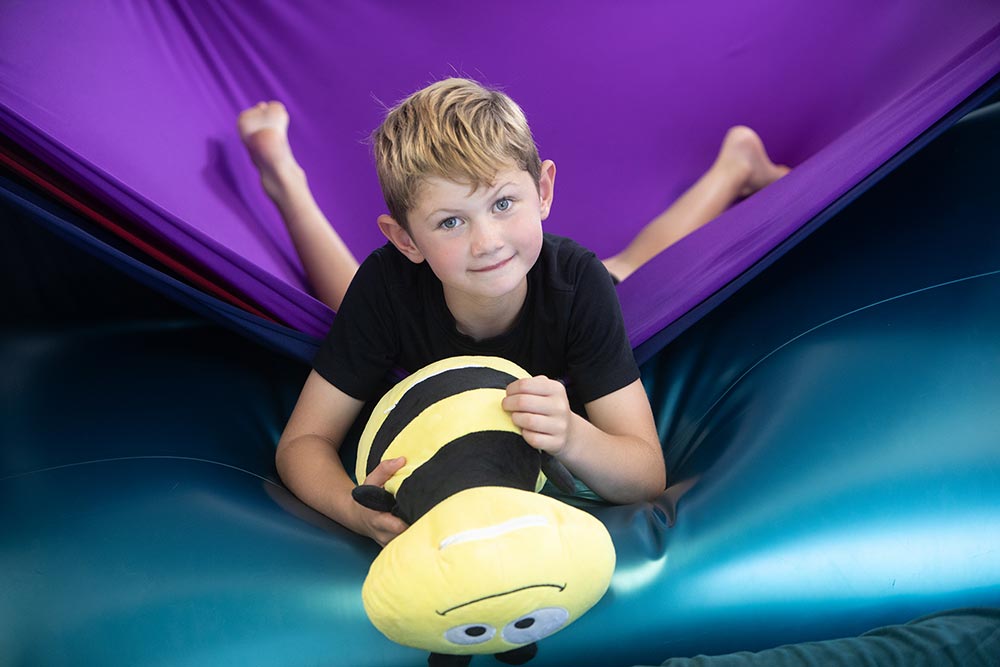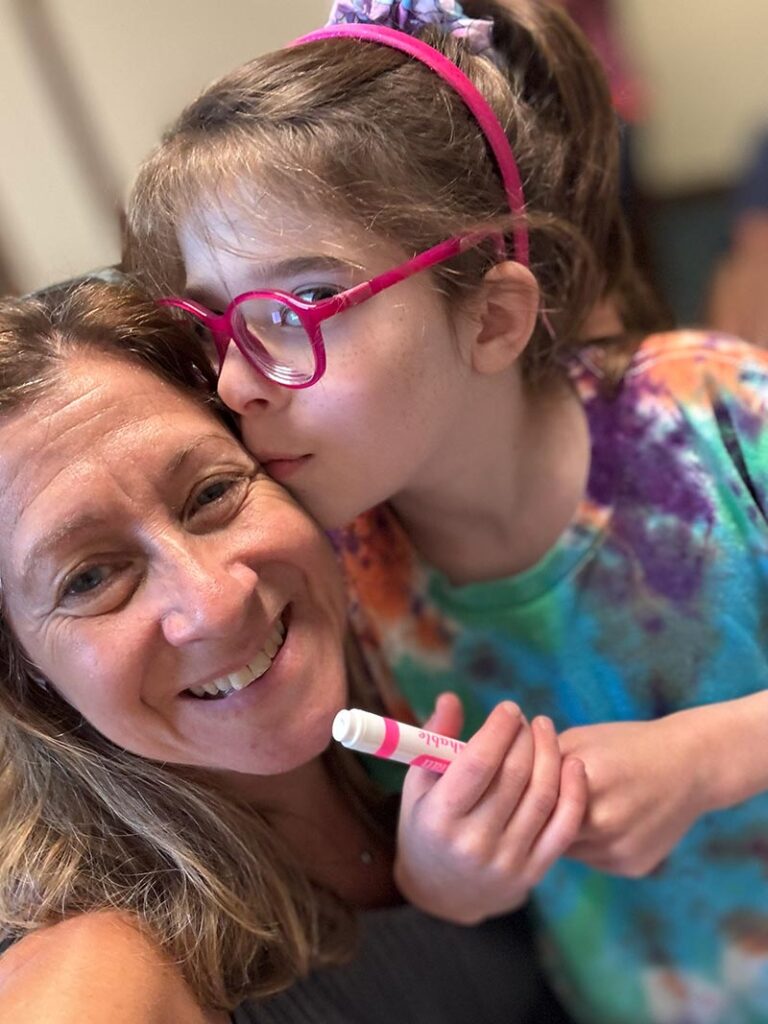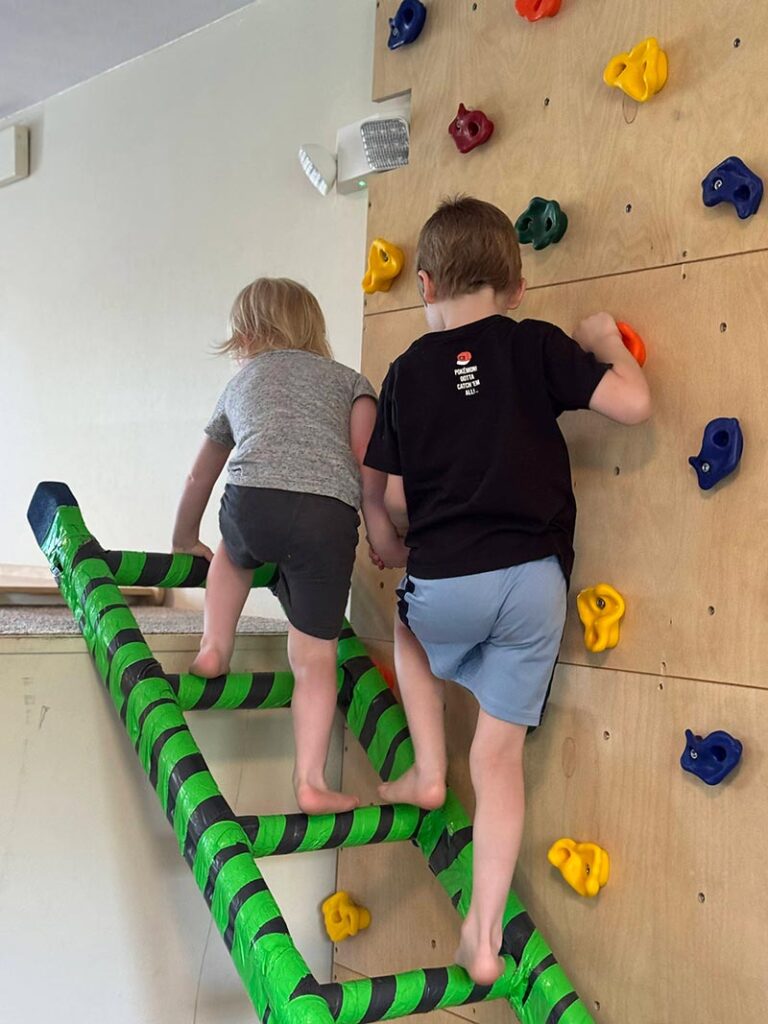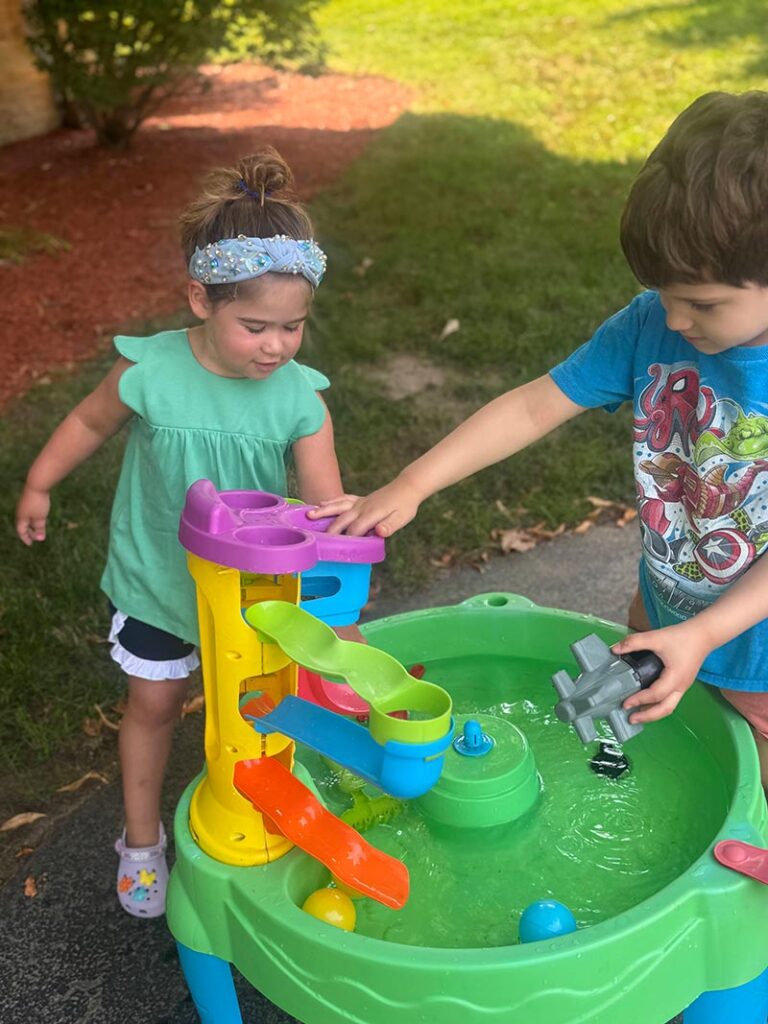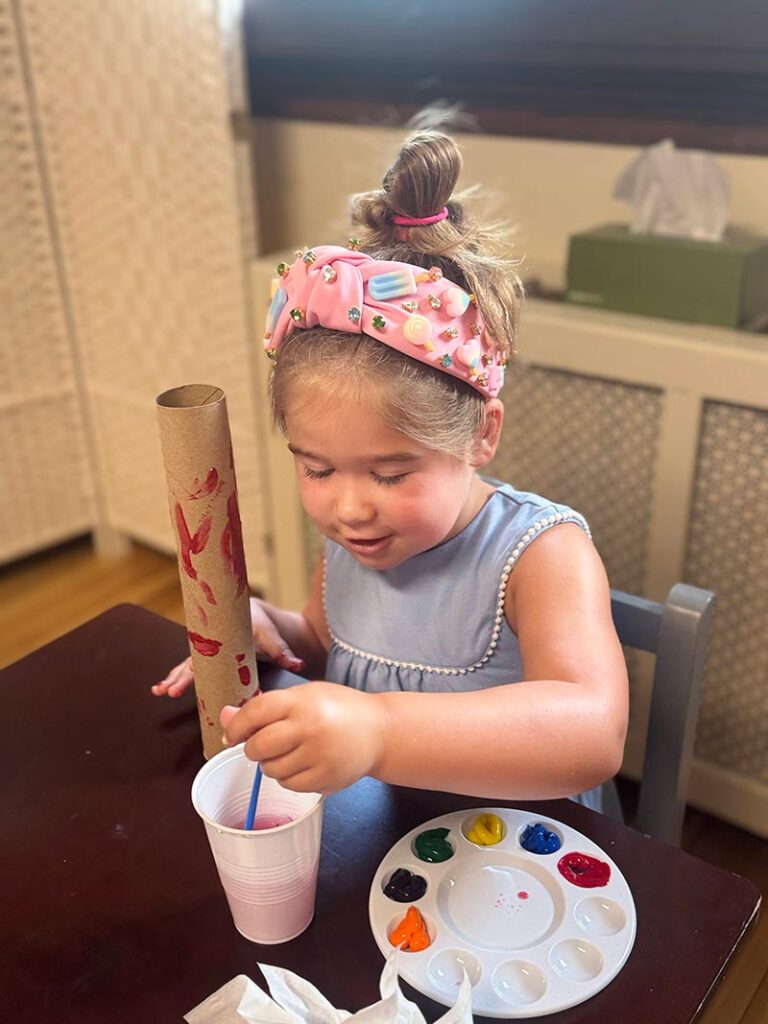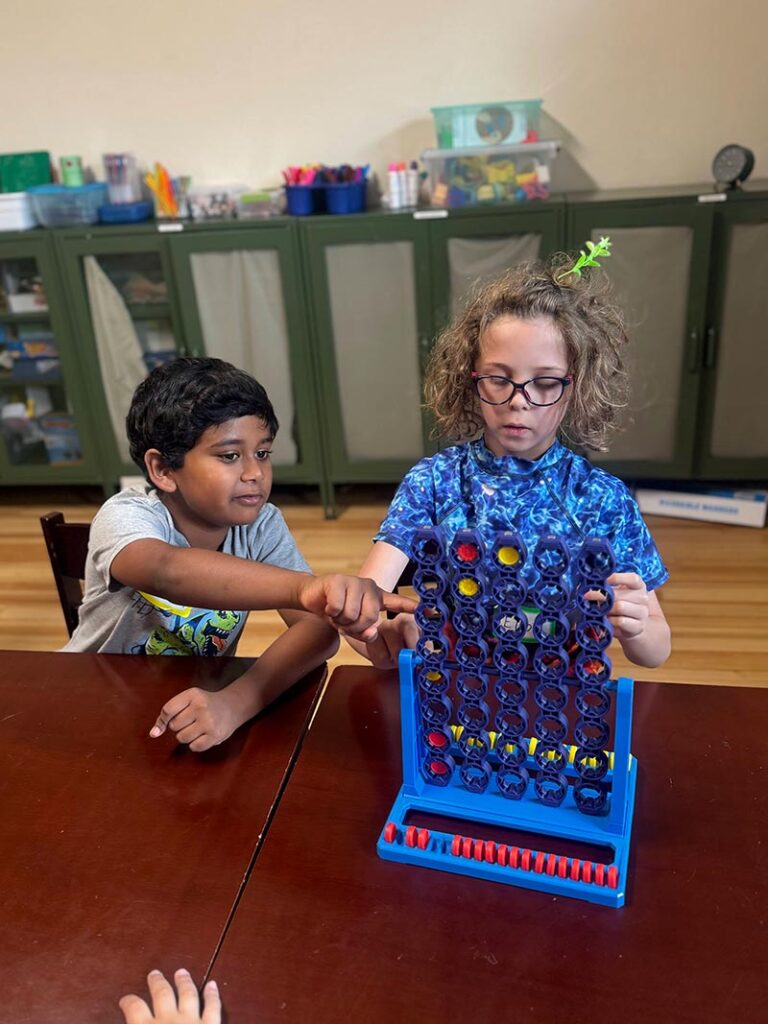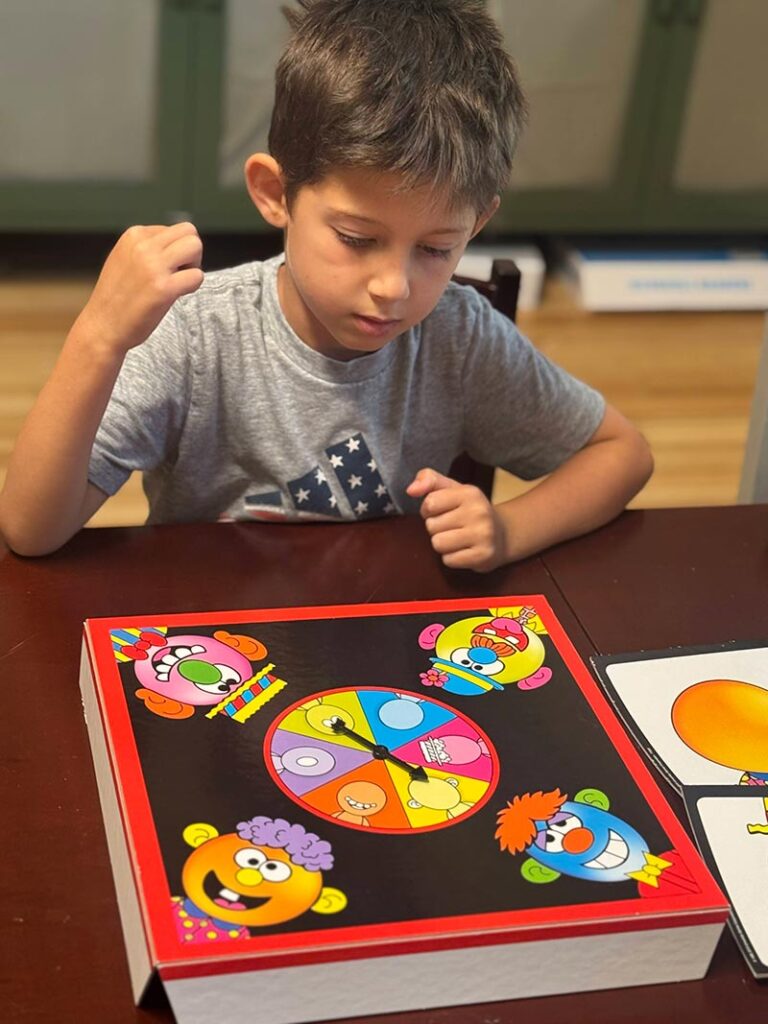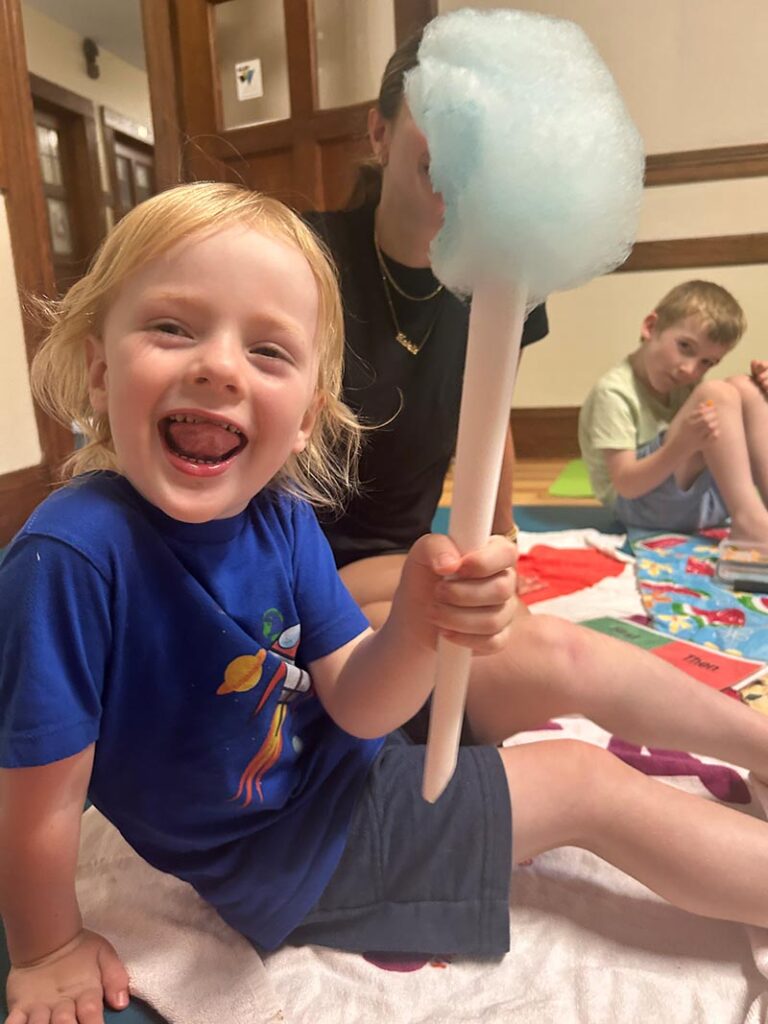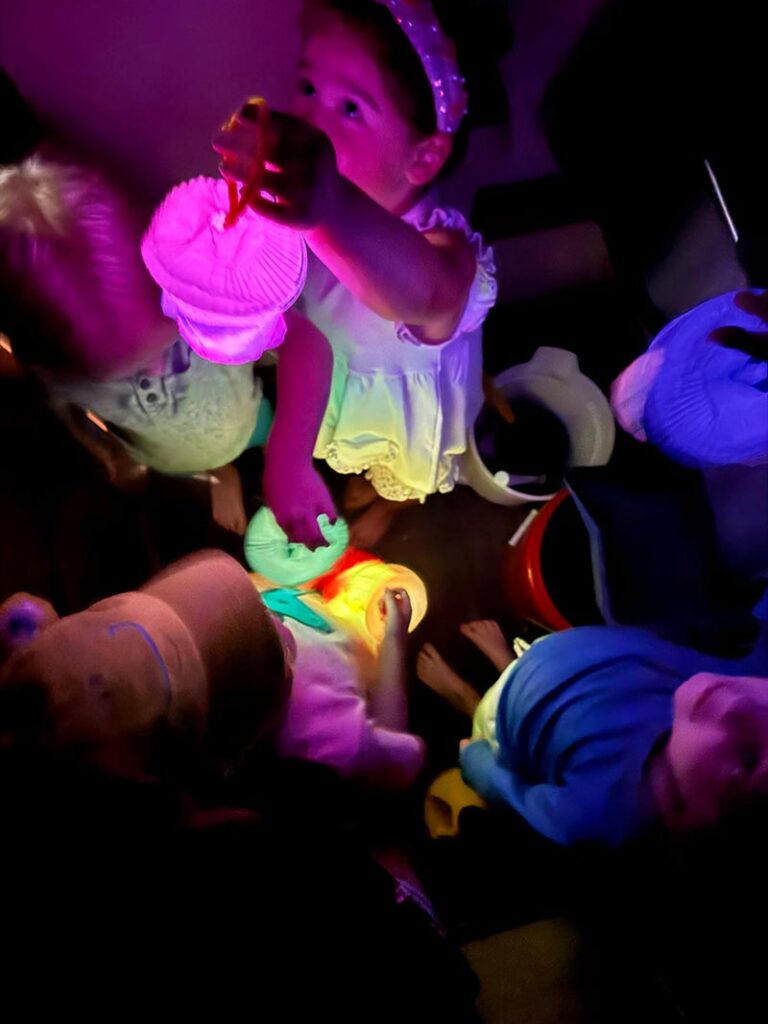Play2Learn Pediatric Occupational Therapies
Your partner in occupational therapy
Partnering with Play2Learn
Play2Learn is a pediatric occupational therapy clinic. We view parents and caregivers as our partners and provide you with the tools and knowledge to help your family thrive. Play2Learn provides services to children of all ages in a playful setting, with a sensory space and ample opportunity to move, play and learn the skills needed to succeed at home, in school, and out in the community. We address sensory processing difficulties and facilitate the development of motor skills, behavioral regulation, and social-emotional development. We are inclusive of all children and families, regardless of age or diagnosis.
Our view at Play2Learn is that therapy does not happen once a week. Therapy is most effective when clinicians work with and educate caregivers about how to incorporate the hard work a child does in our sessions into daily life. Just as the job of a parent is to teach and to nurture their child, children have their own occupations: playing, learning, and socializing with others. It is our mission to work with your family holistically to give you the tools so your family can grow and thrive together, and for your child to reach their full potential everywhere they go out in the world.
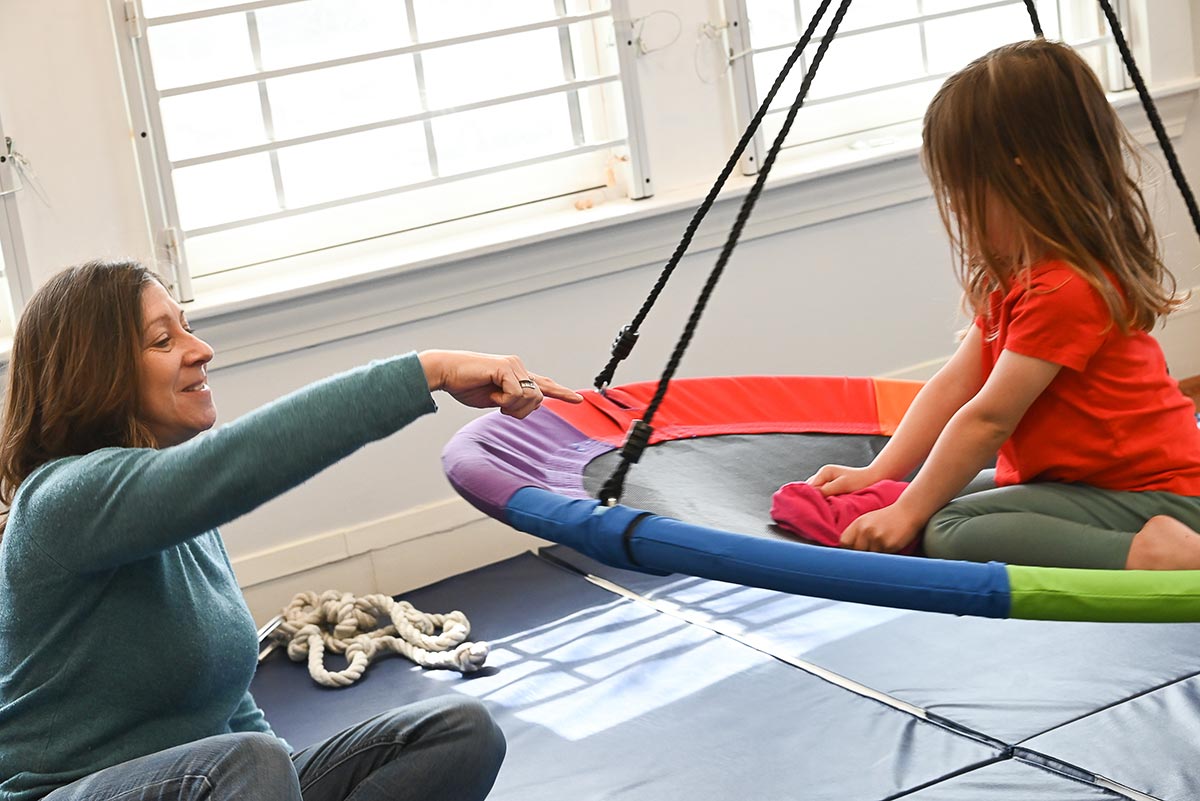
How Do I Know If My Child
Needs Occupational Therapy?
Children have many occupations across daily life: playing, learning academically, socially interacting with others, and learning how to become independent in taking care of their own needs. Sometimes, developmental milestones are delayed, sensory processing difficulties can impair the ability to comfortably engage in the environment, or trauma or emotional challenges can impede performance. Occupational therapists work with children in a play and developmentally based fashion to facilitate learning of skills and to foster emotional growth. There are some tell-tale signs that can indicate a need for services. Take a look at the list below and see if some of them apply to your child:
- Difficulty sleeping
- Limited repertoire of food
- Lack of independent and varied play, difficulty participating in settings without structure or routine
- Delayed ability to ride a bike or to feel comfortable out on a playground
- Poor safety awareness or balance, frequent falls or injuries
- Weak muscles and limited endurance for gross motor activity
- Difficulty learning to hold a writing implement, to draw, or to learn how to print letters and numbers
- Delayed fine motor skill development, resulting in difficulty with dressing, fasteners, opening containers, managing personal hygiene, etc.
- General lack of confidence with motor skills or social interactions with peers and/or siblings
- Sensitivity to sounds or tactile sensations, or distraction from too much visual stimuli
- Extreme ups and downs in activity level, poorly regulated behavior, frequent meltdowns or emotional sensitivity, lack of flexibility
- Difficulty tolerating social outings and family gatherings without overload, overwhelm in group settings at school
- Difficulty completing chores or homework independently or a lack of organization, poor sense of time management and ability to prioritize steps of a task
- Poor behavior in school or difficulty with sustained attention, excessive movement seeking behavior
- Poor safety and personal space awareness
- Dependence on adults to complete daily living skills such as dressing, eating, hygiene, toileting, bathing, and organization of materials

